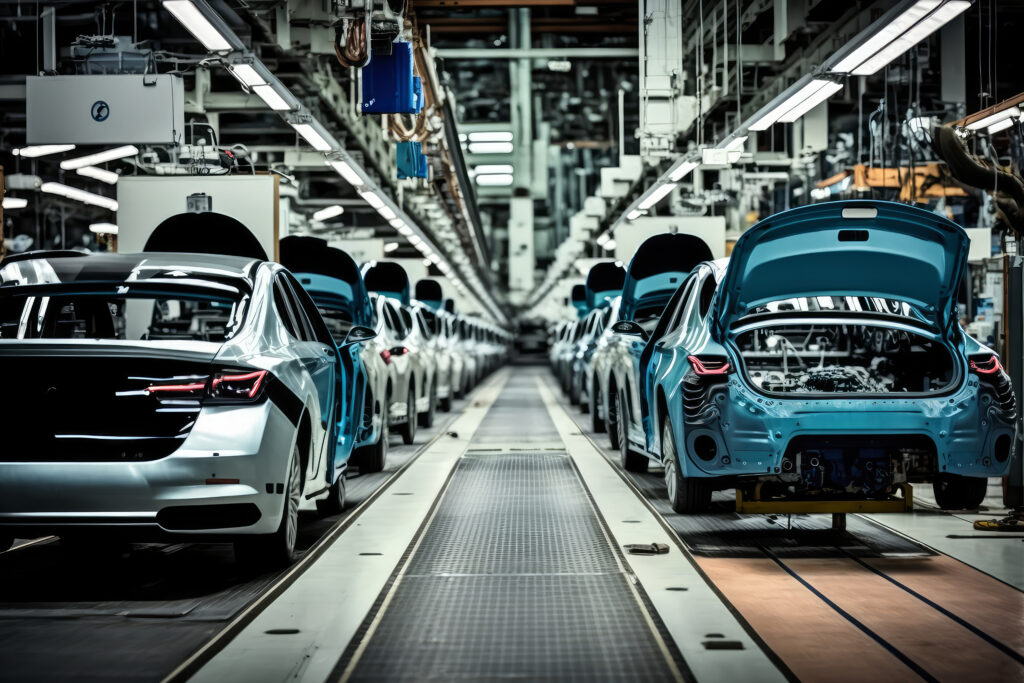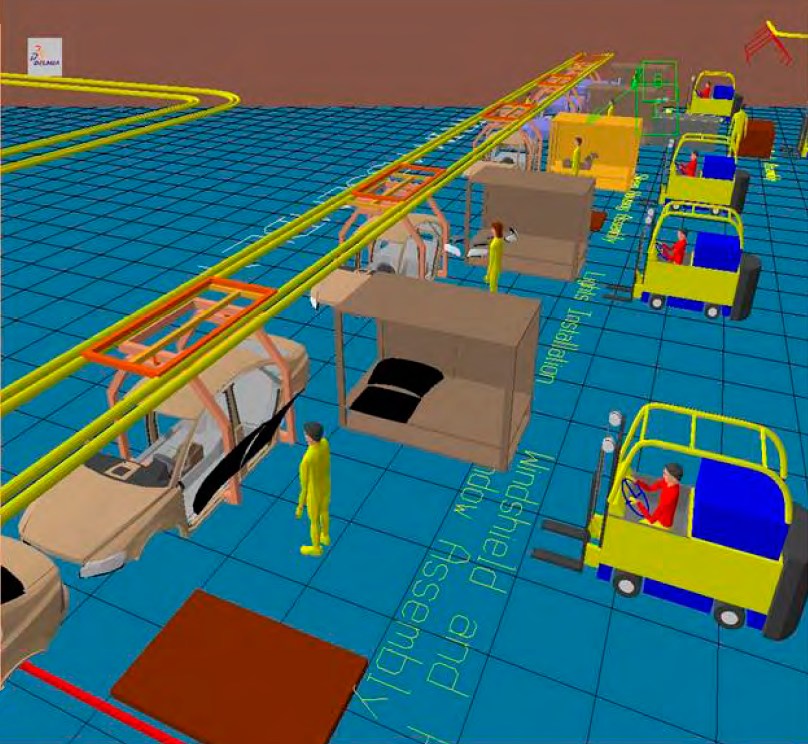Naturally occurring and human-made, polymers are chemical compounds made from molecules that bond to form a powder or liquid. When used in fiber, paint, adhesive and lubricant production, polymers help create strong, long-lasting products.
Comprised of polymers that undergo chemical changes when exposed to heat and pressure or when continuously rotated, plastic polymers can be molded into various shapes and sizes to form parts and components, plastic containers and thousands of other products consumers use every day.
Many industries, including the automotive industry, rely on parts and components made from plastic polymers.
Types of plastic polymers used in automotive manufacturing include nylon (polyamide), polypropylene and high-density polypropylene, thermoplastic elastomers, polyurethane and nitrile butadiene rubber.
The Evolution of Automotive Parts
In the early days of automotive manufacturing, steel was a popular material for making parts and components. As automotive engineering, technology and consumer demand have evolved, auto manufacturers have sought out less expensive, lighter parts and components for building cars, trucks and other vehicles.
Alternative manufacturing materials include aluminum and plastic polymer. Lightweight, minimally corrosive, recyclable/reusable and moldable, both materials provide an attractive alternative to steel, especially when designing and building eco-friendly electric or gas/electric hybrid vehicles.
However, aluminum is a high-cost material, which is why many automotive manufacturers have become more reliant on plastic polymers for parts manufacturing.
Here are five benefits of using plastic polymer parts and components in automotive manufacturing:
Cost-Effectiveness
Products made from plastic polymer typically cost less than materials made from glass, aluminum and other products without sacrificing strength and durability.
Unfortunately, unlike aluminum and glass, some plastic polymers are difficult to recycle. For automakers building eco-friendly vehicles, using parts made from plastic polymers may not be practical.
However, it is possible to reuse many of these parts by melting and reshaping them.
Easily Moldable for Various Uses
A versatile material, plastic polymer may be used to make bumpers, headlights, casings and wiring. Plastic polymer may also be used to make small parts such as rings, nuts and bolts.
When designing concept vehicles, automotive engineers create numerous prototypes. Plastic polymer parts provide a cost-effective way to test out various cosmetic designs.
Lightweight
As consumers become more eco and energy-conscious, manufacturing lightweight vehicles that use less gasoline or those that run on electricity has become a must in the automotive industry.
Lightweight parts made from plastic polymers provide the strength and durability of metal parts without adding to the overall weight of a vehicle.
Minimal Corrosion
Unlike steel and other metal, parts made from plastic polymer won’t rust quickly or weaken when exposed to rain, snow and UV rays. For people who live in areas that experience harsh weather conditions, vehicles that can withstand these conditions provide safety and peace of mind.
In addition, automotive parts and components made from plastic polymer typically last longer and do not to be replaced as often.
Reduces Energy and Labor Costs
During vehicle production, manufacturing mistakes can happen; especially when cutting and shaping metal.
Parts made from plastic polymer can be melted down and molded again and again, which means auto manufacturing plants can save on energy costs (running machinery, product cleaning and finishing, etc.) and labor costs as they won’t have to make brand-new parts from scratch as often when reusing plastic polymer parts.
The Downside of Producing Plastic Polymer Parts and Components
Even though using plastic polymer to make automotive parts has many benefits, the chemical emissions created during parts production remain an issue. Hopefully, advances in air filtration and parts production will someday fix this problem as parts made from plastic polymer have many advantages over steel and other metal automotive parts.


